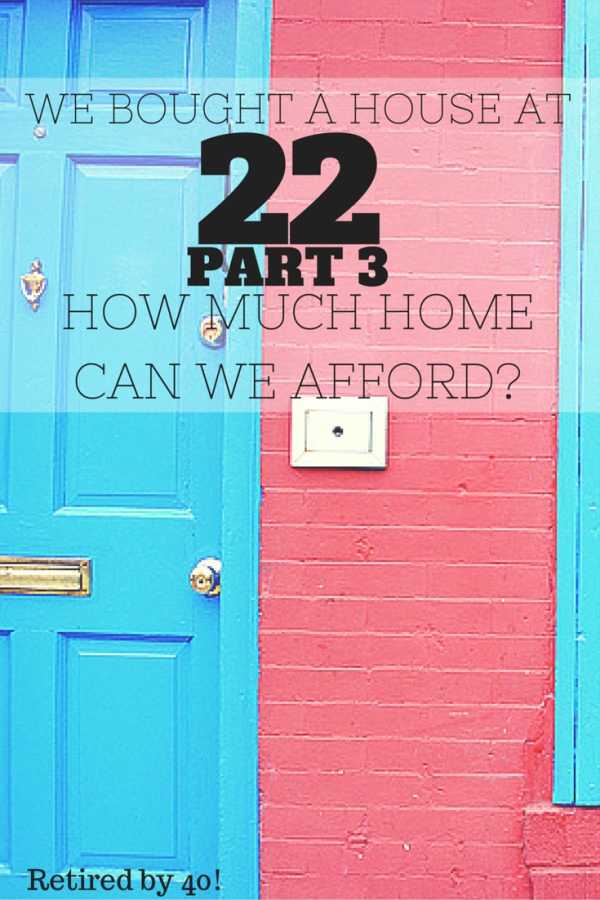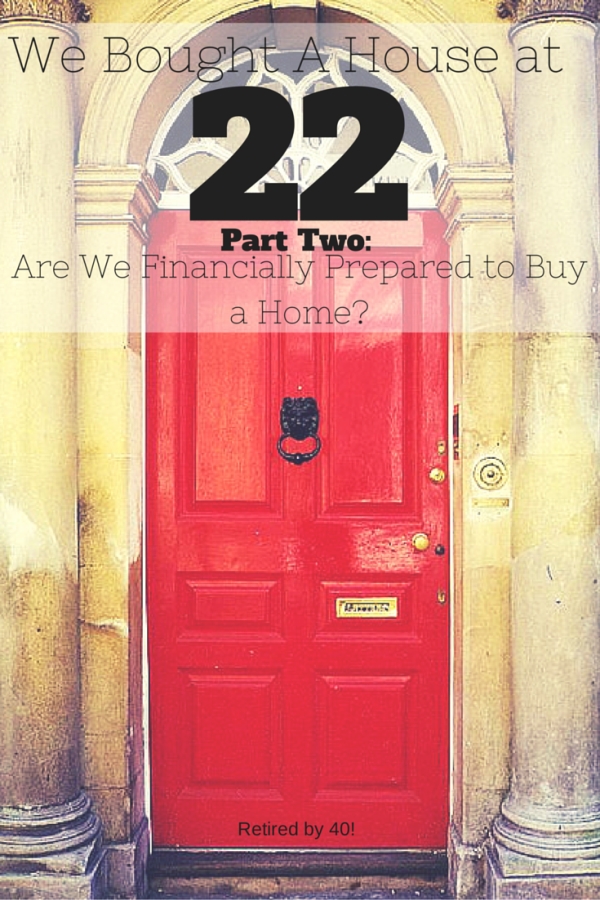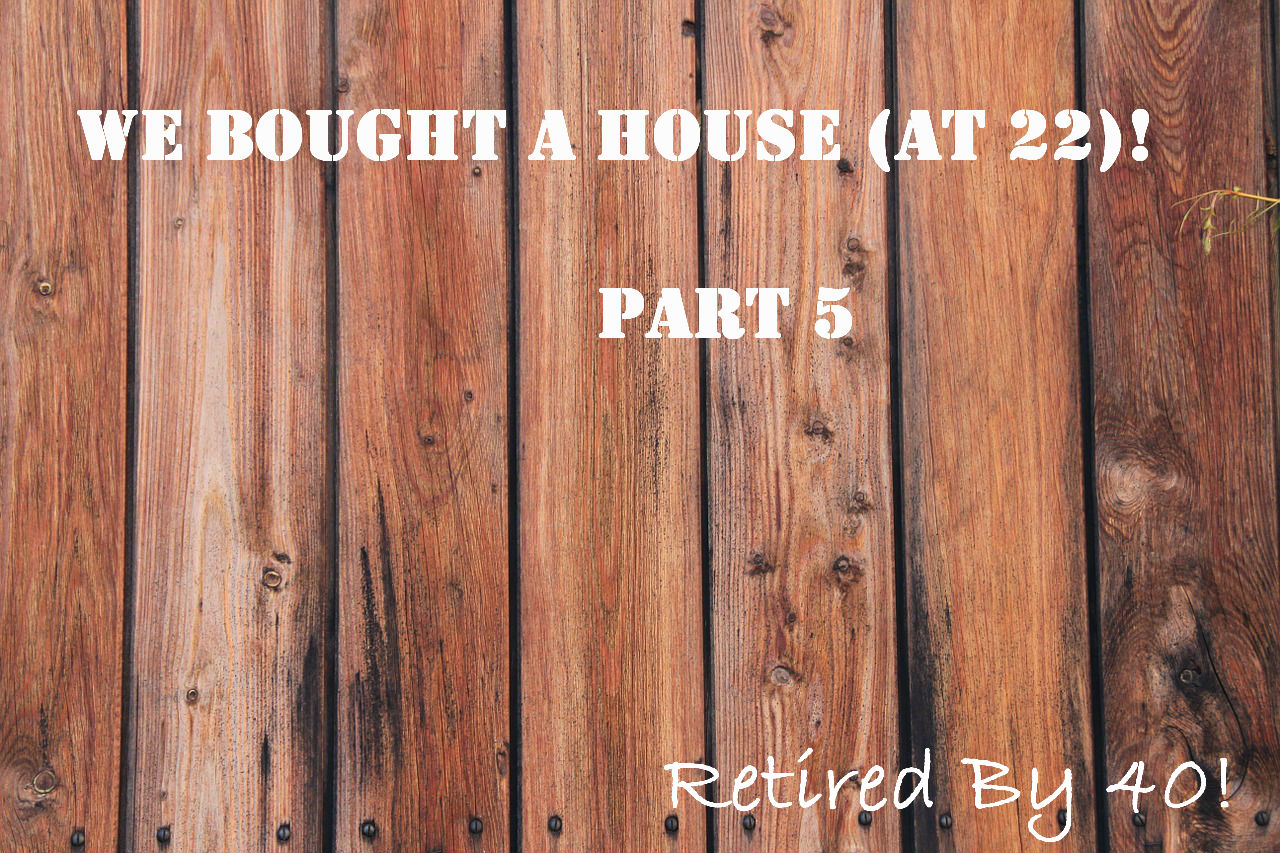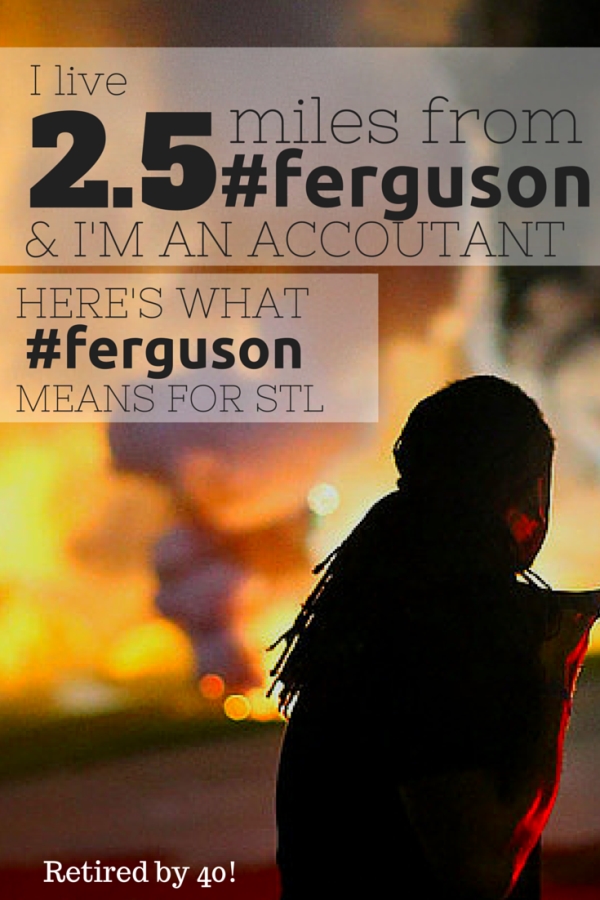**Hi there! Like this article? Follow me on Pinterest for more!
I love spending time on MSN Money and MSN Real Estate. So many things to do and see! One of the more interesting things I have found lately is “What You Must Earn To Buy in 25 Cities”. Basically, what salary you must earn to be buy a house that would leave you able to afford the principle and interest payments on a median-priced home in 25 cities in the United States? Let’s face it, I just wanted to see where St. Louis landed on the list. Call it morbid curiosity ;-)
How did they come up with this data?
“To find out, HSH.com took the National Association of Realtors’ fourth-quarter data for median home prices and HSH.com’s fourth-quarter average interest rate for 30-year, fixed-rate mortgages to determine how much of your salary it would take to afford the base cost of owning a home — the principal and interest — in 25 metro areas.”
They used industry standard 28% as the calculation for “front-end” debt ratios (the percentage of take-home income that could be tied up by a mortgage payment) and a 20% down payment. I do not agree with this “standard” calculation, but HSH did mention that a higher income would absolutely need to be much higher to support taxes, insurance and maintenance required by owning a home.
At the low end:
Cleveland, OH, where the median home price is $112,800, mortgage rates are sitting at 4.43%, and the salary needed to support a mortgage was $19,435.17. The monthly payment would be $453.49, but with take-home pay sitting somewhere around $1,375, I would not be comfortable with that payment AT ALL! That payment would be way too much for the average American family that was already in debt!
St. Louis – my city! As number 3 on the list, with the average home price clocking in at $130,300 and the income needed at $22,397.54. How does this make me feel? Thank you for asking! First, I am gloating because I bought my home for $46,000 and it just appraised for $124,500. Whoop Whoop! Second, I make twice the income needed to buy in St. Louis, and even on my income I would NOT purchase a home at $130K!
Some Surprises –
Chicago (#10), with a median home price of $187,100 and income of $32,388.90 needed to buy. I thought Chicago would be more expensive, but I suppose that homes in “bad” areas really don’t sell for all that much, which lowers the average home cost.
Pheonix (#11), with a median home price of $192,700 and necessary income of $32,811.94. We thought about moving to Phoenix a year or two ago, and when we looked at houses, there were tons of brand new never-lived-in houses for $80K or less. Maybe home prices have risen in the last year and a half, which is good news for the economy in Phoenix!
Washington DC – clocking in at #20, the median home price was listed as $368,000. I have never been to DC, nor have I priced homes there, but doesn’t it seem as if that should be higher?
New York, NY – with a median home price of $386,300, again, shouldn’t that be higher? Isn’t New York know for having an extremely high cost of living?
Most expensive
San Francisco with a median home price of $682,410 and income needed at $115,510.06. I totally thought that New York would be the big winner!
Some flaws – Big cities, as these all are, tend to have “good” and “bad” areas to live in. Logically, in the “good” areas home prices will be significantly higher, and in the “bad” areas they will be dirt cheap. While I am sure that there are some homes in the median price range, I get the feeling that most homes are either expensive or cheap, meaning you either have to pony up more cash, or live in a less than desirable area. This flaws the median home price to be something unattainable.
What do you think? How do home prices stack up in your area?
This post may contain affiliate links.


















The San Francisco real estate market has gotten completely out of control! I think the reason the NY housing prices are a bit lower is because some areas of NYC are pretty impoverished and therefore it balances out the insanely expensive condos.
Very true! In bigger cities there is such a huge divide between the upper and lower end housing, that it makes a study like this hard to reflect the housing prices accurately.